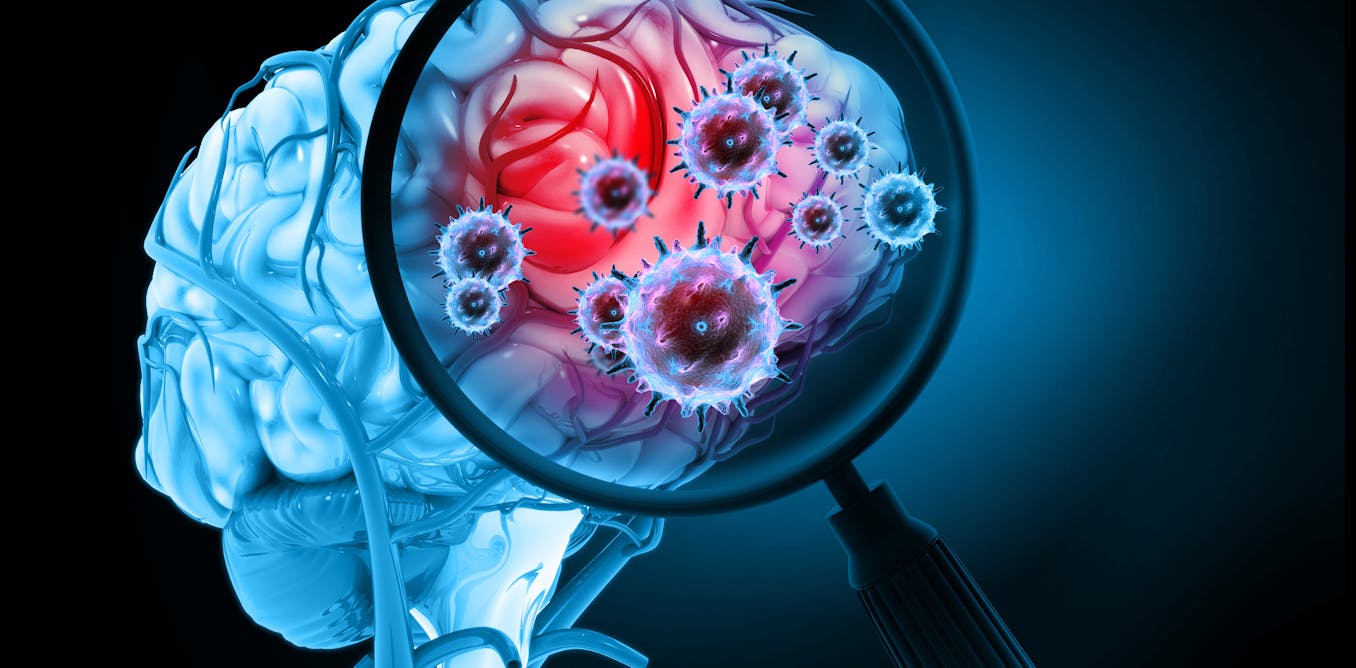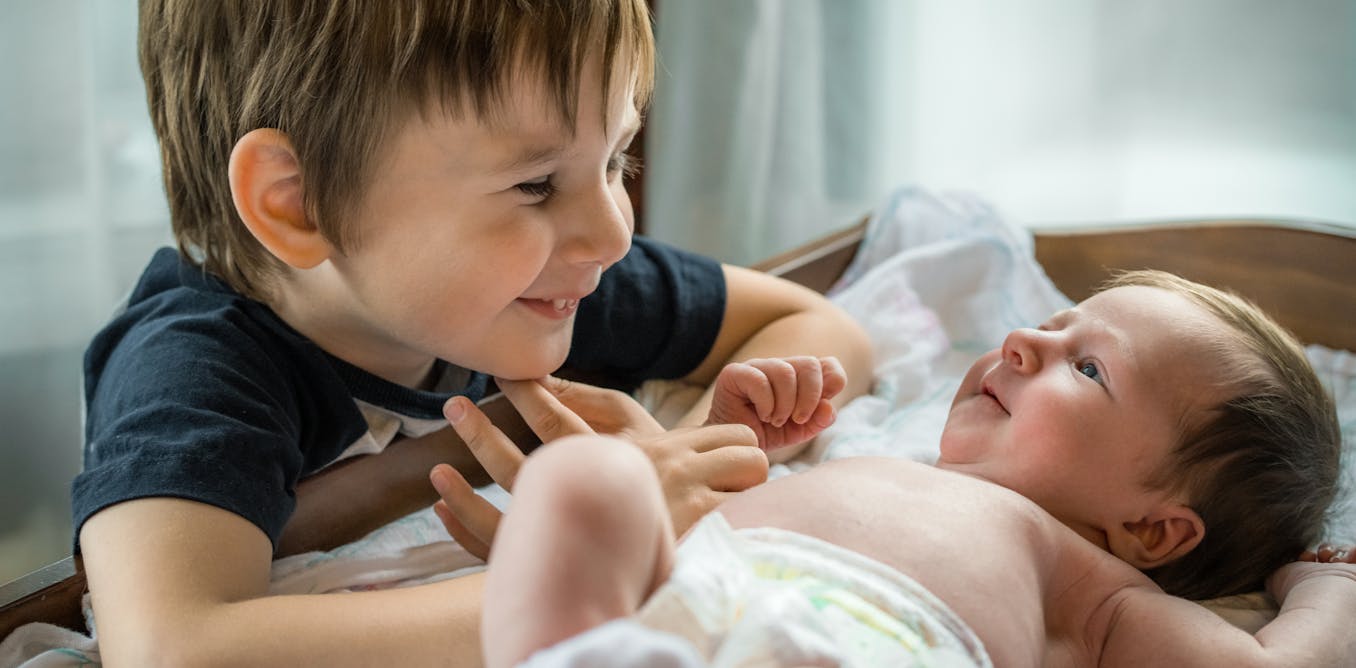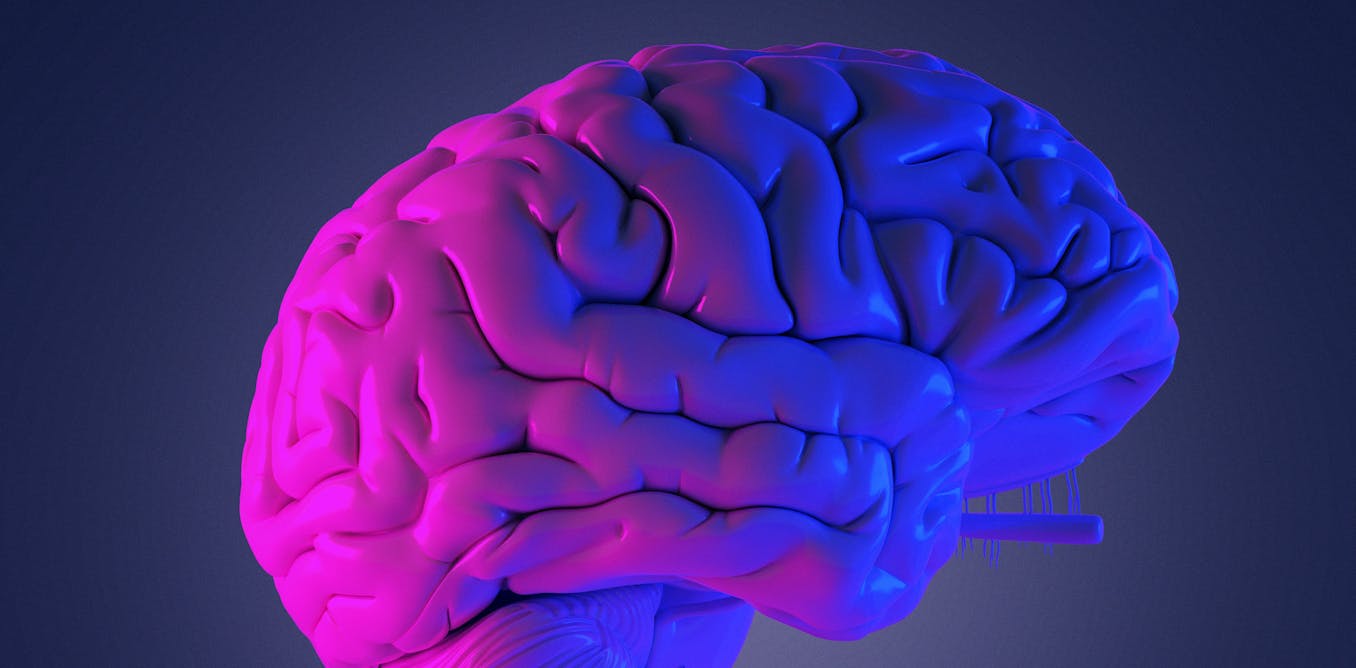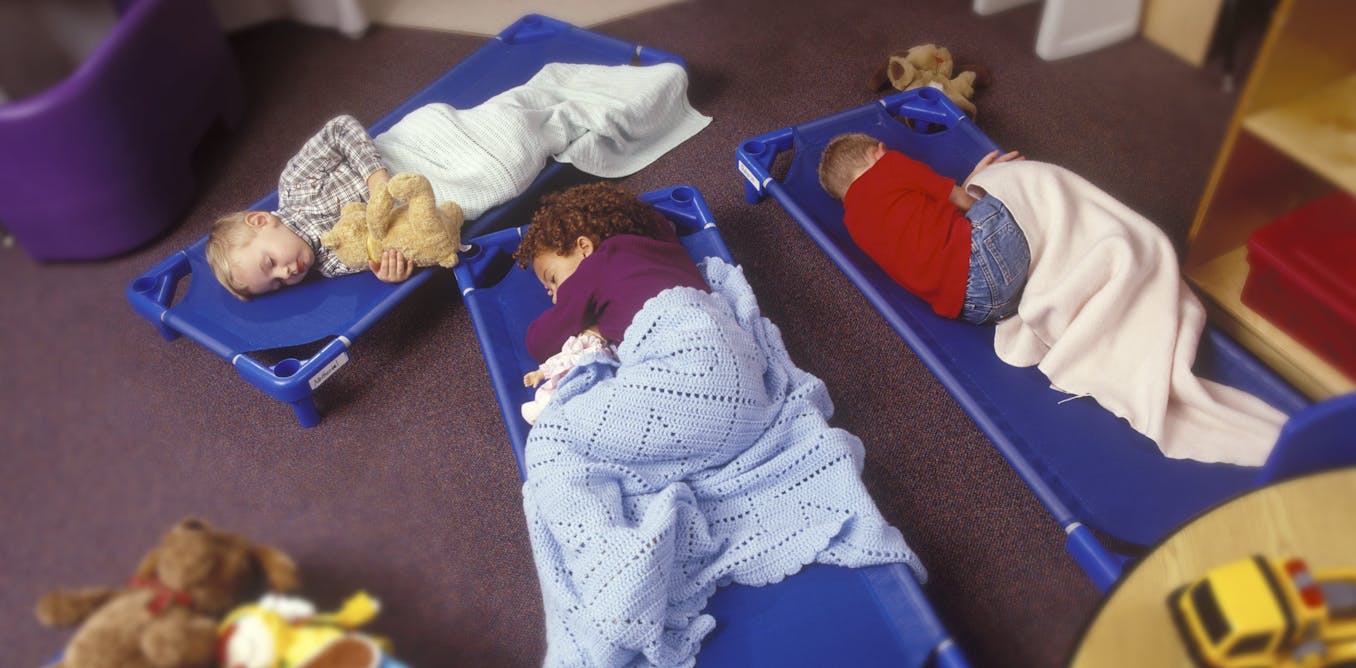Positive parenting can help protect against the effects of stress in childhood and adolescence, new study shows
Without supportive parents, children already under stress may experience a shrinkage in brain volume in an area of the brain that is important for learning and memory.
July 10, 2023 • ~6 min









